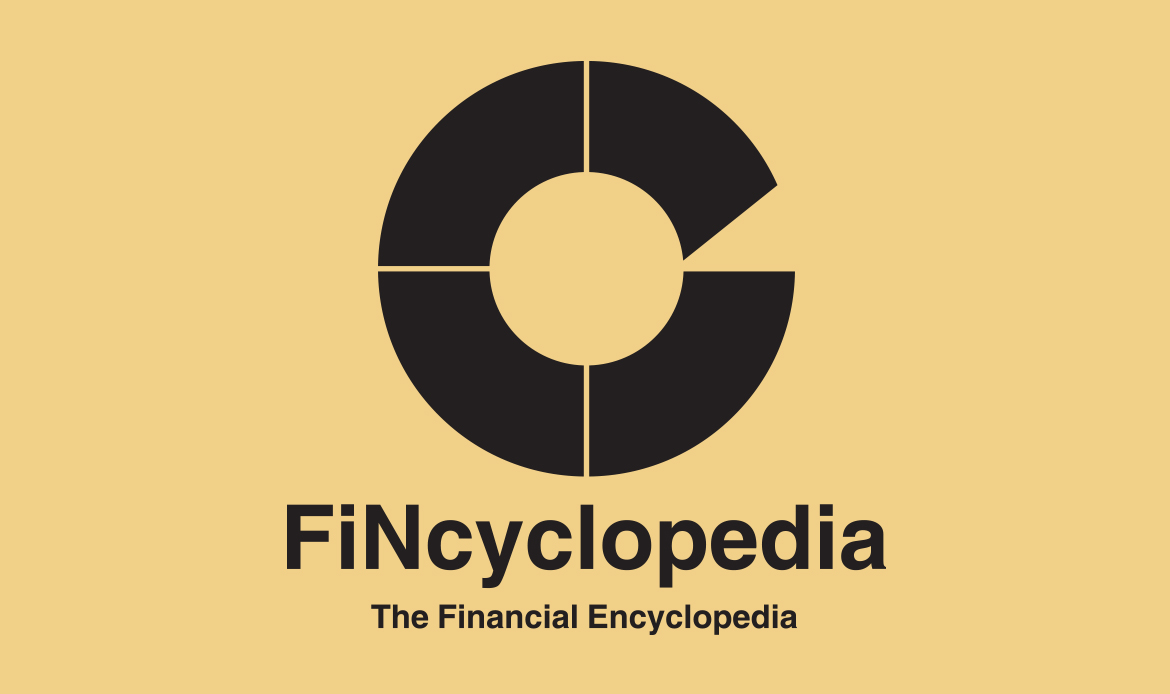An aggressive (and rare) form of interest rate swaps (literally a power swap) which was first entered into between Gibson Greetings and Bankers Trust whereby Gibson paid a fixed rate and received a floating rate that depended partly on the square of the LIBOR. The gamma of this swap alternates between the positive and the negative because the LIBOR is raised to the second power. In the above-mentioned swap that made in October 1992, Gibson agreed to receive from Bankers Trust a fixed rate of 5.5 percent, and to pay the bank a floating rate, squared and then divided by 6 percent. In an environment of low interest rates, this swap helps the fixed rate payer to bet big on declining rates. But if rates rise beyond a certain level losses would increase exponentially. The latter case happened and Gibson Greetings was said to have lost US$23 million in this transaction.
The LIBOR-squared swap is also called a turbo swap.




